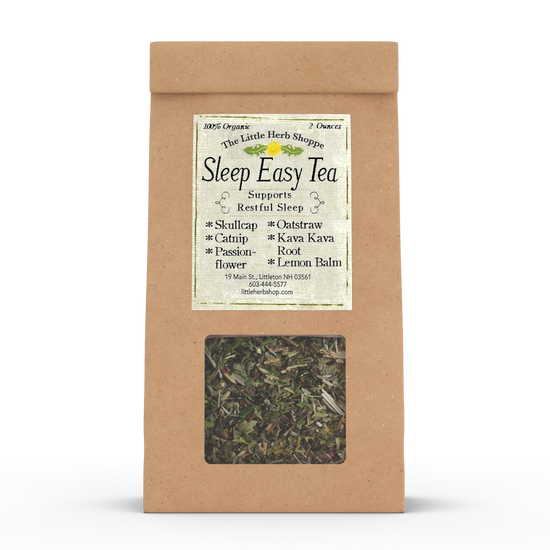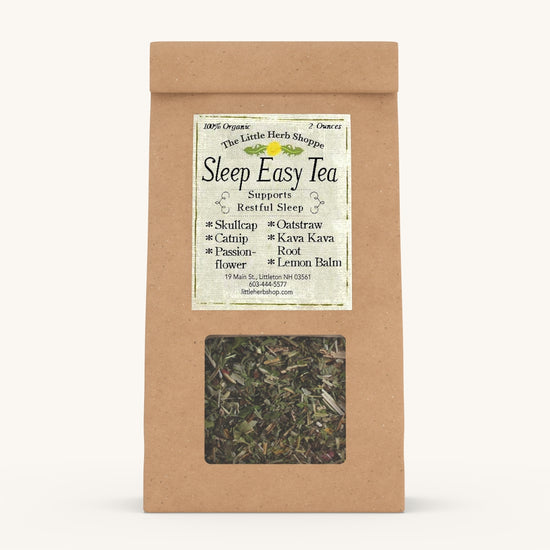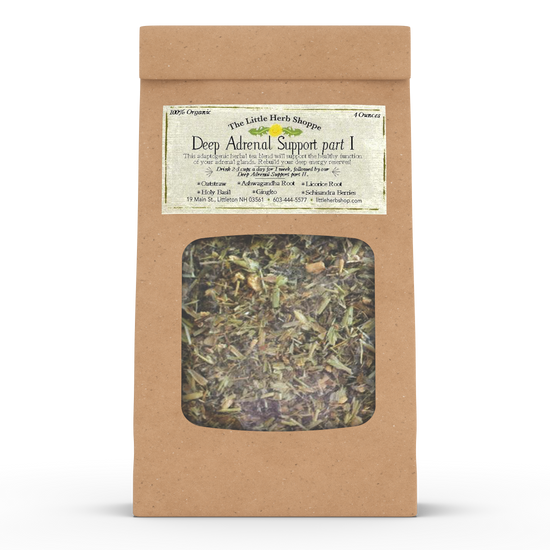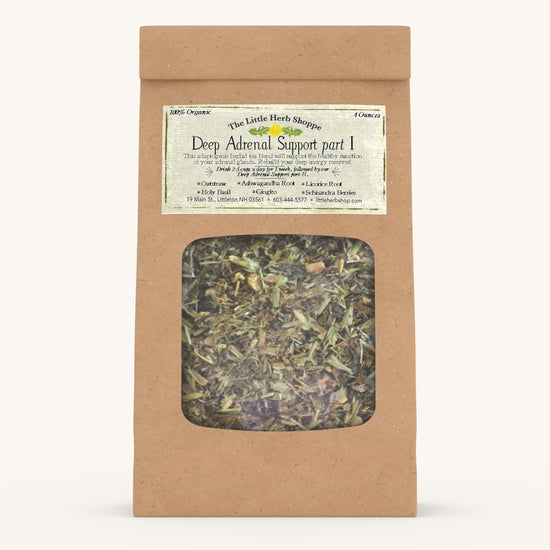Rest & The Power of Gratitude
“Take time for the quiet moments, as God whispers... and the world is loud.”
A tiredness that comes from carrying too many stories, too much noise, too many expectations, too much... doing.
Your body actually needs something very simple:
Stillness. Presence.
A returning home to itself
This is where rest begins.
And one of the most powerful ways we can return to ourselves is through a gratitude practice.
A slow breathing, a gentle noticing, softening-into-yourself kind of gratitude.
What Is a Gratitude Practice?
A gratitude practice is the simple act of intentionally noticing what is good, nourishing, or supportive in your life — big or small.
It’s not about pretending everything is perfect.
And it’s not about bypassing difficult feelings.
It is about drawing attention. gently, to what feels good and to what we are grateful for.
Gratitude pulls our body out of survival mode.
Think of it as it helps your body feel “You’re safe enough to soften now.”
What Happens in the Body When We Practice Gratitude?
(These are real, measurable physiological shifts.)
When you give your attention to gratitude — even for 30 seconds — the brain begins to release:
Dopamine - A neurotransmitter that creates feelings of pleasure, motivation, and reinforcement.
Dopamine says: “Yes, this matters. Do more of this.”
Serotonin - Often called the “contentment molecule.”
It’s linked to mood, emotional balance, and feelings of calm.
Oxytocin - The “bonding hormone” released when we feel connected — even in solitude.
Gratitude toward God, nature, a memory, or a plant can release oxytocin too.
Reduced Cortisol - Studies show that a regular gratitude practice can lower cortisol by up to 23%, reducing inflammation and stress.
Together, these shifts move you out of sympathetic arousal (fight/flight/freeze)
and into parasympathetic rest — the place where:
- digestion improves
- the heart rate slows
- blood pressure lowers
- muscles unclench
- sleep quality increases
- the mind becomes clearer
- we feel more like ourselves
- we have more patience
This is why gratitude isn’t just a mindset practice —
it’s a 'healing' for your nervous system.
How Gratitude Changes Your Day
When you practice gratitude regularly, even for just a few minutes, the structure of your brain begins to shift.
Research shows that grateful thoughts strengthen the medial prefrontal cortex, the part of the brain responsible for decision-making, emotional regulation, and perspective.
Over time, gratitude:
- helps you respond rather than react
- increases resilience
- increases your capacity to experience joy
- softens the mountain of daily stressors
- rewires the brain toward noticing what’s nourishing
- creates a deeper sense of meaning
A Simple Gratitude Practice that Kim teaches in our Coming Home to Yourself Program
1. Sit Somewhere Quiet - Anywhere:
your kitchen table, your bed, your car, beside the woodstove, in the bathroom with the door closed.
2. Take Three Slow Breaths - Inhale gently.
Exhale longer than you think you need.
Let your shoulders soften.
3. Place Both Hands on Your Chest - Feel your breathing.
Feel your warmth.
Feel your heartspace.
4. Ask: “What helped me today?” - The answer can be small.
A stranger’s kindness.
Your warm cup of tea.
A soft scarf.
Your dog’s tail wag.
A memory.
A moment of strength you didn’t know you had.
5. Name Three Things - Whisper them.
Write them.
Think them.
It’s the naming, the noticing that matters.
6. Now, if you can, keep Naming things that you're grateful for
It can sometimes feel difficult at first, but once you've thought of 3 things, others start to come more readily.
If nothing comes, don't worry, you can feel gratitude simply for this moment of peace to able to breathe.
Herbs That Support Gratitude & Rest
Plants play a part in our emotional and spiritual lives.
There are herbs that help the nervous system slow down enough to feel gratitude. We are not just thinking about gratitude - we want to feel it in our bodies.
Rose
Opens the heart, softens defensiveness, helps you notice beauty and tenderness.
Hawthorn
Strengthens the emotional heart; helps us feel connected, grounded, and less overwhelmed.
Holy Basil (Tulsi)
Considered a sacred plant in many traditions.
Uplifts the mood, clears mental fog, and brings a sense of spiritual-centered calm.
Milky Oats
Rebuilds a depleted nervous system; restores your ability to feel joy and gratitude without strain.
Linden
Gently relaxes tension and invites emotional ease, making space for gratitude to arise naturally.
Lavender
Calms agitation; helps the mind soften into presence.
Herbal Blends for Restorative Quiet
In the evenings or whenever you feel overstimulated, these blend beautifully with a gratitude practice:
Sleep Easy Blend
Crafted to quiet an overstimulated nervous system and help the mind drift into deeper rest.
Perfect before bed or during moments when the world feels too loud.
Nerve Calm Blend
Steadies the racing mind, eases tension in the heart and belly, and brings you back into your body.
Ideal before journaling, prayer, meditation, or your gratitude practice.
If you sip one of these blends while writing your gratitude list, you’ll feel your body begin to slow down, and then your thoughts slowly will follow....
A Closing for Your Heart
Gratitude doesn’t make the hard things disappear.
It brings breath into the places that feel tight.
It reminds us that even in overwhelm, sadness or grief, that beauty exists.
As you move through the next few days, may you find small moments of quiet.
May you feel the whisper of your internal voice, of God's... beneath the noise.
And may you remember that rest and gratitude are forms of nourishment your body knows how to receive - if you only allow it.
You can find herbs to support you HERE














